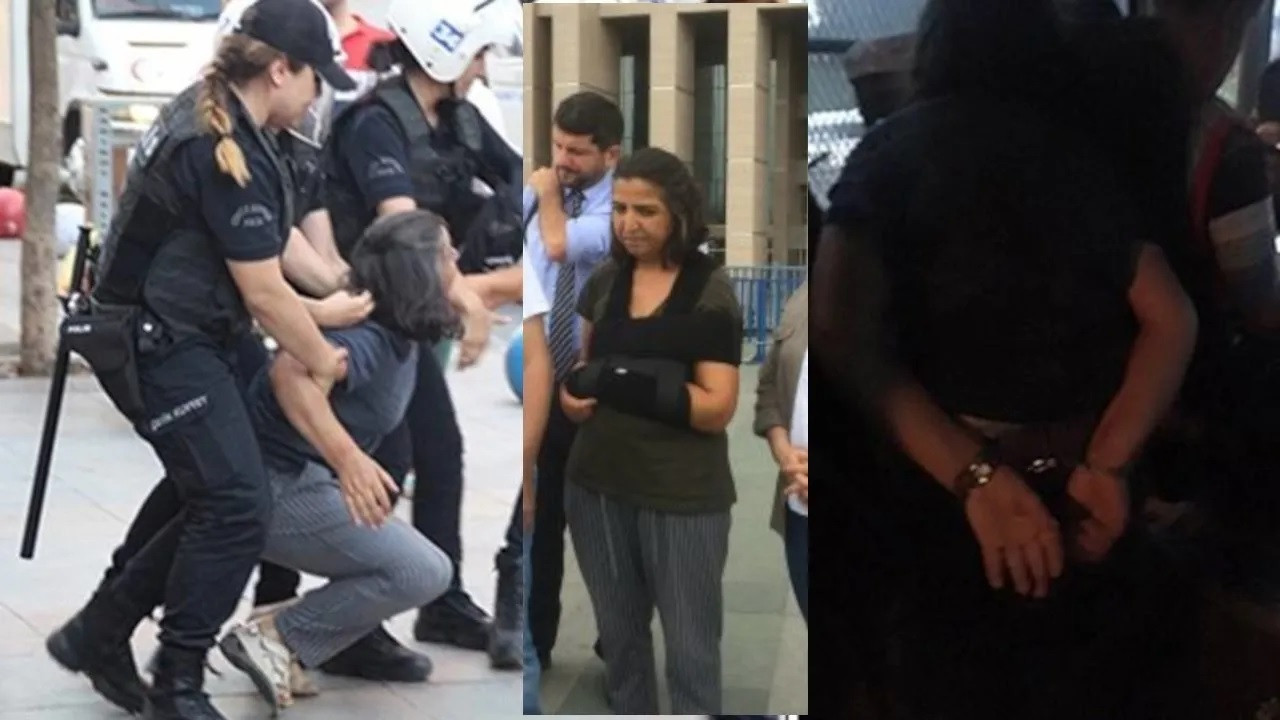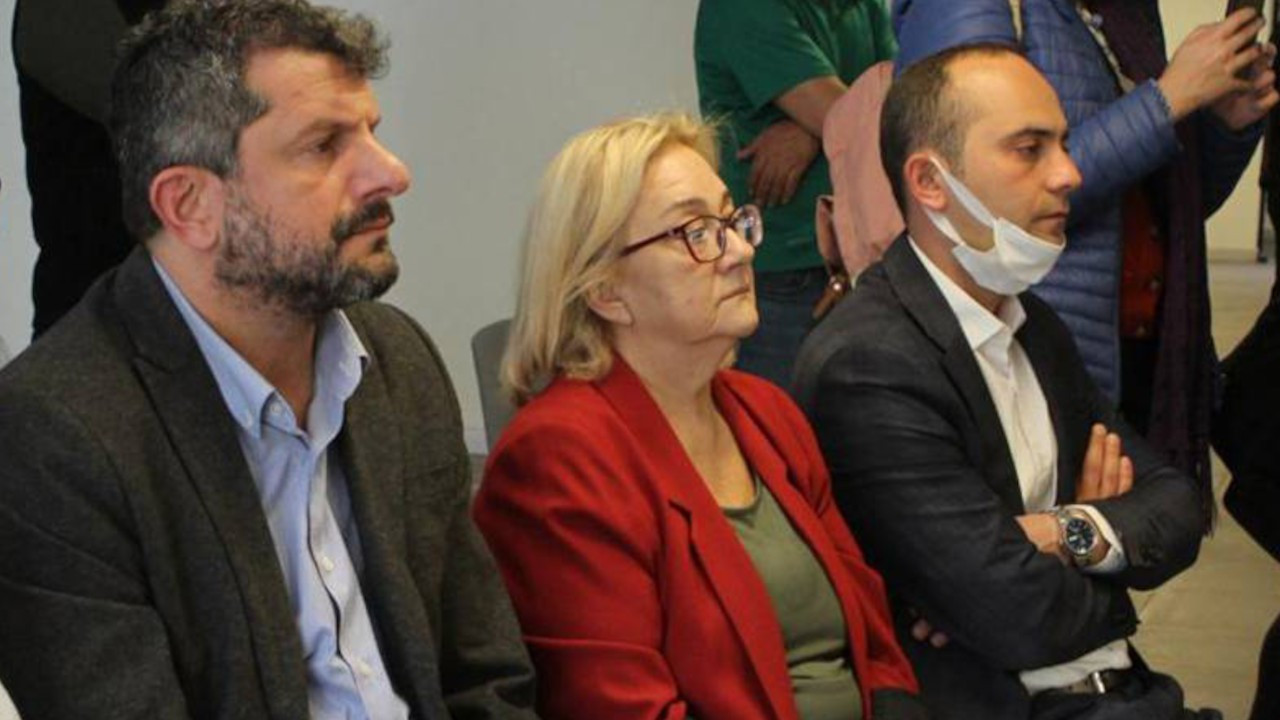Former muezzin who challenged Erdoğan about Gezi Park protestors becomes opposition’s deputy candidate
Former muezzin Fuat Yıldırım who had made the headlines in 2013 after refuting Erdoğan’s claim about Gezi Park protestors, has become a deputy candidate from the main opposition Republican People’s Party (CHP). In 2013, Yıldırım had said that he hadn’t seen anyone drinking alcoholic beverages in his mosque, a claim put forward by Erdoğan.
Duvar English
Former deputy imam (muezzin) Fuat Yıldırım has become a candidate for parliamentary nomination from the main opposition Republican People’s Party (CHP), online news outlet Diken reported on March 23.
Yıldırım was serving as the muezzin of Bezmialem Valide Sultan Mosque during the 2013 Gezi Park protests when the then-Prime Minister Recep Tayyip Erdoğan claimed that demonstrators had drunk alcoholic beverages at the mosque.
Yıldırım at the time refuted Erdoğan’s claim by saying that he had not observed such an incident. “I am a man of religion. I cannot lie; I have not seen (anyone) drinking alcohol,” he had said.
“No alcohol was drunk here. When demonstrators took shelter here (from police violence and teargas), if they had seen (anyone) drinking alcohol, they would have themselves thrown (those people) outside (the mosque). Those escaping from the police gas have taken shelter at the mosque,” he had also said.
After these remarks, Yıldırım was assigned to another mosque in Kayabaşı village in Istanbul’s Başakeşhir district. Yıldırım filed a lawsuit against the Directorate of Religious Affairs (Diyanet)’s relocation of him. After winning the lawsuit, he started to serve as a muezzin at Arap Mosque in the Karaköy district.
Erdoğan has never released footage of people who he claimed to have entered the mosque with their shoes on and drunk alcoholic beverages, two acts regarded as disrespectful in Islam.
Gezi Park protests initially began in Istanbul in May 2013 as a reaction to renovation plans of the ruling Justice and Development Party (AKP), which aimed to construct a replica Ottoman barracks on the city's few remaining green spots. The protests later grew into nationwide protests and spread to other cities.

 Top Turkish court rules retrial of police officers who broke arm of Gezi Park victim's motherHuman Rights
Top Turkish court rules retrial of police officers who broke arm of Gezi Park victim's motherHuman Rights Top Turkish court rejects appeals of Gezi Park defendantsPolitics
Top Turkish court rejects appeals of Gezi Park defendantsPolitics